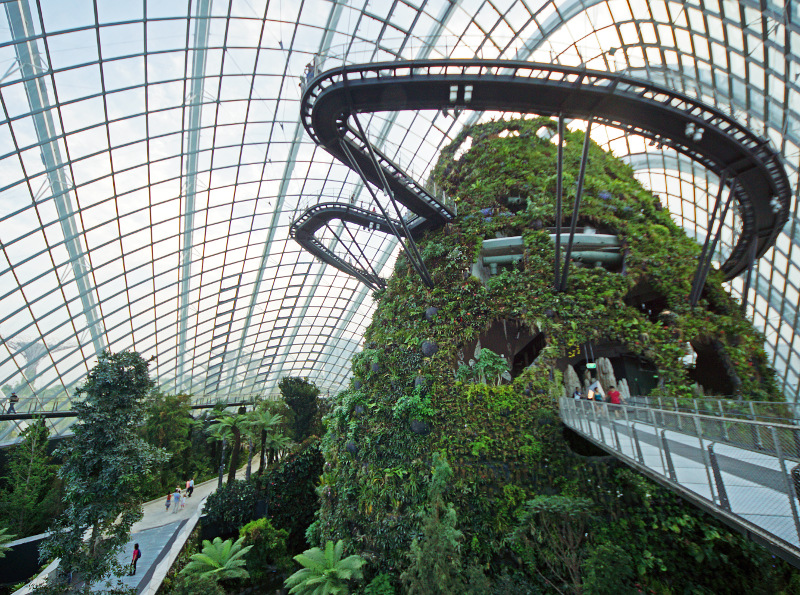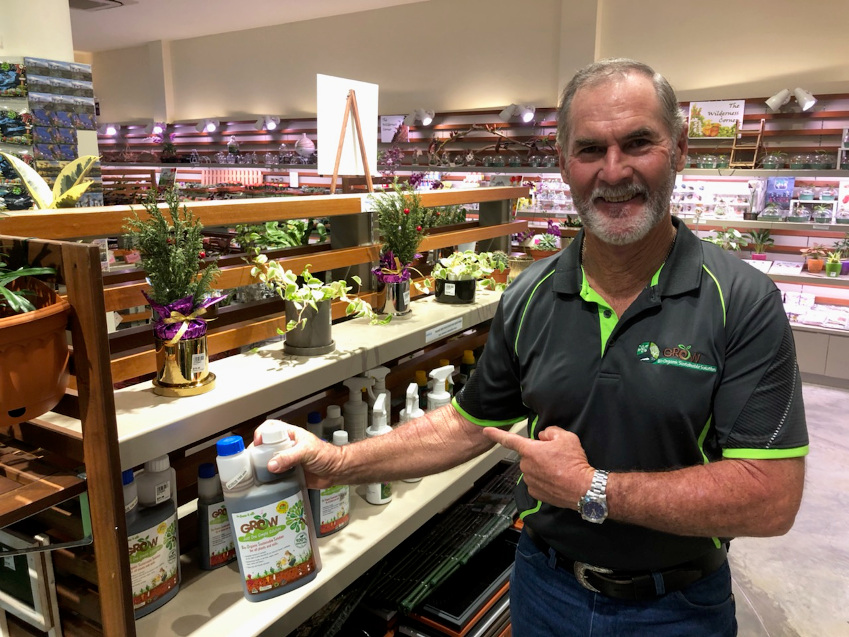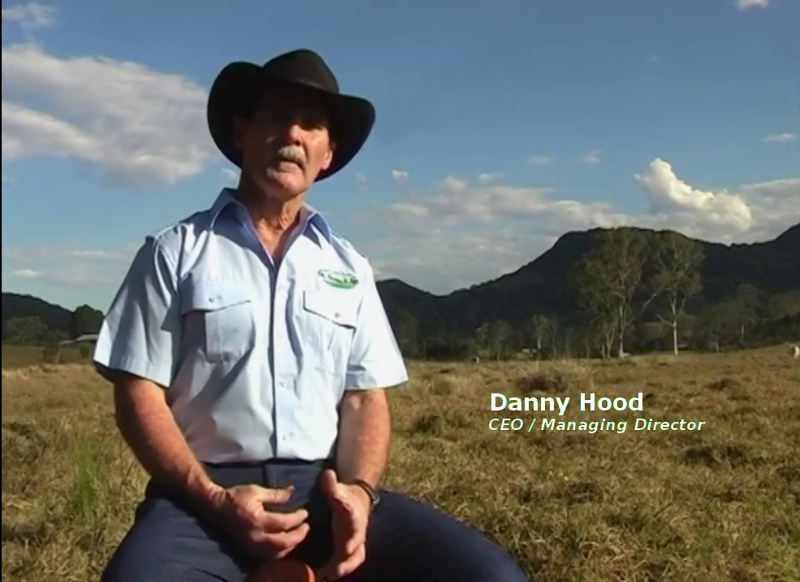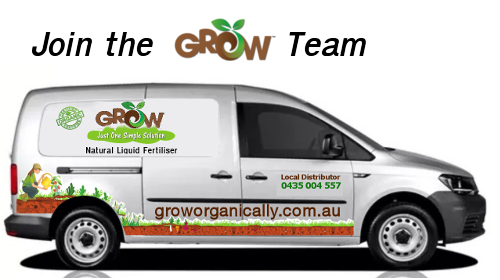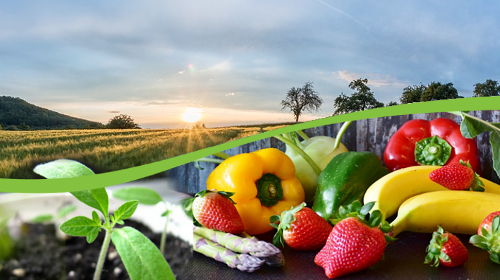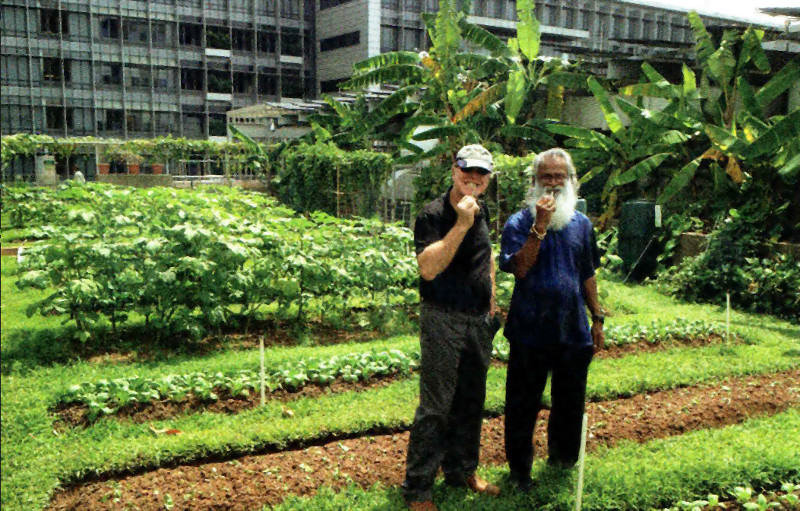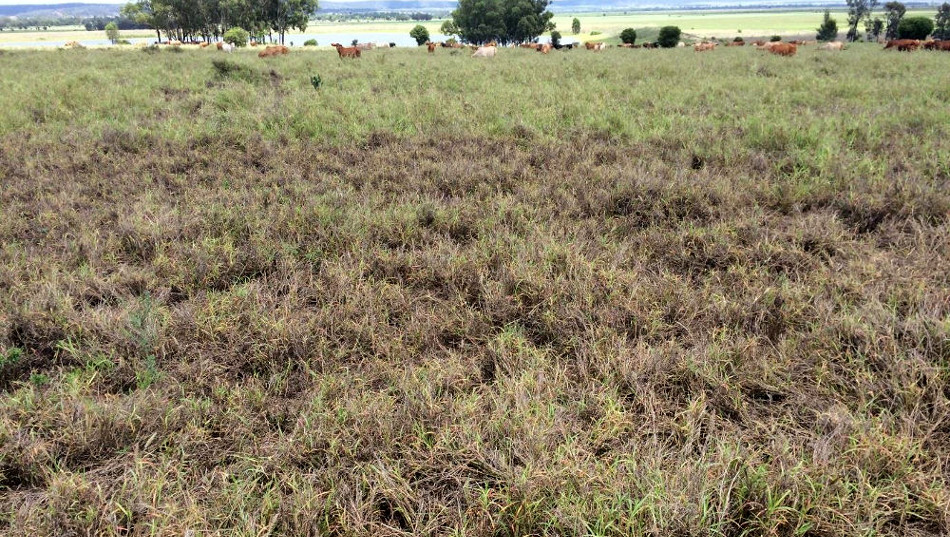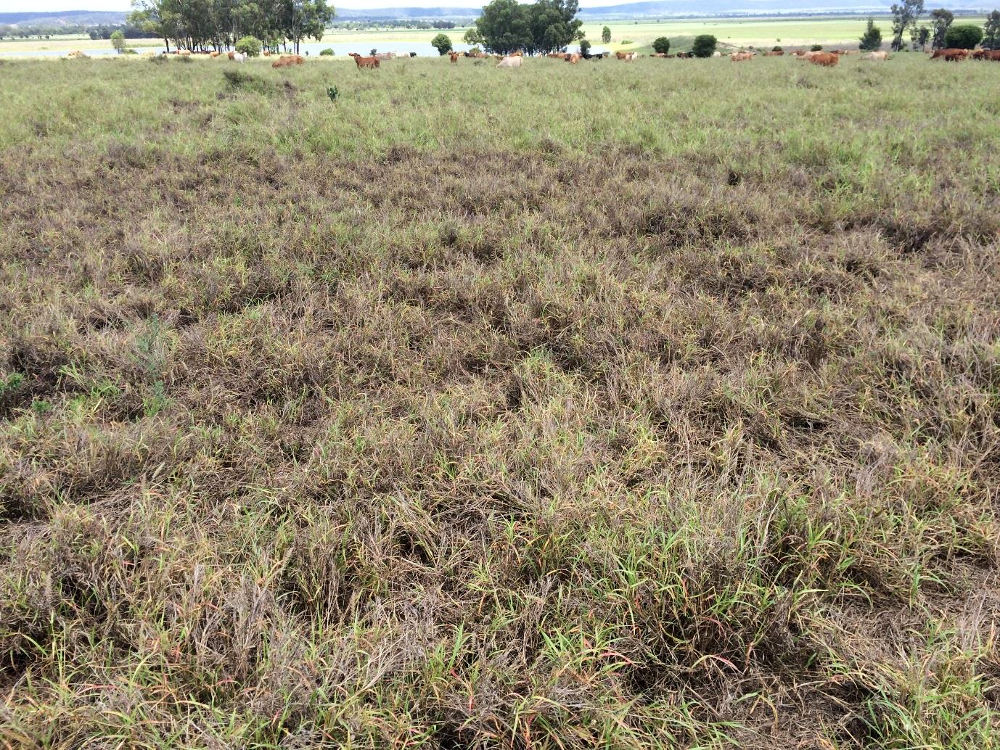Global Boss International reaches the finals of the 2022 Sunshine Coast Business Awards. Food and Agribusiness Award.

2021 Food & Agribusiness Award
Global BOSS International awarded the 2021 Sunshine Coast Business Awards – Food & Agribusiness Small Business Award.

Biodiversity in sustainable grazing
Free field day. What if you could grow more nutrient-dense pasture, spend less and grow more kilo’s per beast, in less time? And what if you could do this while reducing chemical input use?

Transition to Regenerative, Sustainable Grazing
Learn how you can transition to regenerative, sustainable grazing. FREE WORKSHOP & FARM TOUR. Wednesday 28 April 2021.



